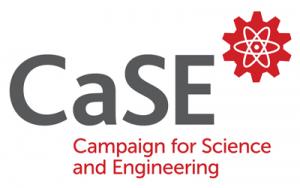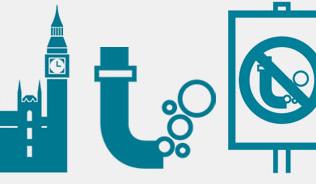The IES is pleased to announce its membership of the Campaign for Science and Engineering (CaSE).
CaSE is an organisation which promotes and advocates for science and engineering in the UK. The organisation was first founded as Save British Science (SBS) in 1986, when a group of 1,500 scientists came together to call on Margaret Thatcher to ‘save British science’. In 2005 the organisation changed its name to the Campaign for Science and Engineering, and is now primarily funded by organisational memberships.
CaSE has a broad membership of over 100 organisations including companies, learned societies and professional bodies, universities, and charities and is the UK's leading independent advocate for science and engineering. Its mission is to ensure the UK has the skills, funding and policies to enable science and engineering to thrive.
Adam Donnan, IES CEO said:
"At the IES we strive to stand up for science, scientists and the natural world. We nurture an informed, trusted and active environmental science profession to positively contribute to society. CaSE has a strong track record of promoting the scientific voice, and we are very pleased to be joining an organisation whose aims and aspirations closely align with our own. I’m looking forward to working with CaSE and its membership."
Dr Sarah Main, Executive Director of CaSE, said:
"I am delighted to welcome the Institution of Environmental Sciences to CaSE. The IES brings high quality research evidence to environmental issues, informing policy thinking on topics of significant public interest, for example on clean air. I look forward to working with the institution to understand their community's needs and priorities. This will expand and enrich CaSE's voice, enabling us to better convey the needs of science and engineering in all its settings."
We look forward to working with the CaSE team and members to promote the role of the environmental sciences, and ensure the voice of the wider scientific community is heard.



